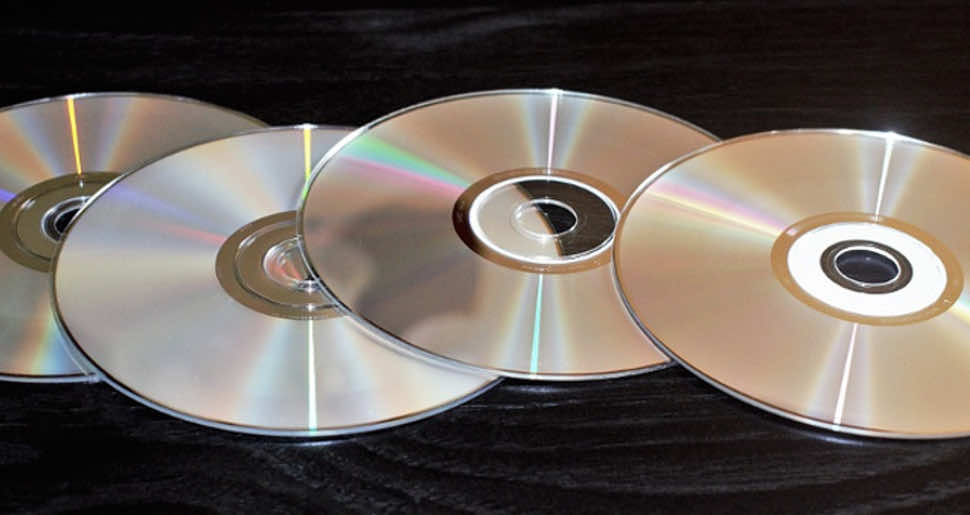The optical disk market has kind of stagnated ever since digital platforms have taken up most of the market. Taking care of your stack of disks just isn’t appealing anymore. Not to mention the fixed storage capacities. Blu-ray disks can store a good amount of data, around 50 GBs but that’s like a single 4k movie nowadays. However, these researchers have just managed to pack 700 terabytes of data onto a single disk showing that there is still potential in these things.
The researchers consist of a joint team made up of talents from the University of Shanghai for Science and Technology or USST, RMIT University, and the National University of Singapore or NUS. The optical disk they have developed can store up to 28,000 Blu-rays worth of data inside a single 12-cm optical disk.

The goal of the research is to find alternatives to data storage while keeping a small footprint. They wish to end the use of magnetic disks by data centers and ultimately reduce their carbon footprint in the process. The research is putting efforts to find a clean and efficient way to store data. The research was published in an article in the Science Advances journal.
The researchers touted the drawbacks of using laser-coded optical disks by saying that while they do offer the best option to meet the growing data demands, the diffractive nature of light ultimately limits how many bits can be put into a single disk by using that method. Their new 12-cm optical disk, however, uses a new composite material made from combining graphene oxide and upconverted nanoparticles or UCNPs.

This nanocomposite material allows for a greater amount of data density in the resulting optical disk. Their tech also makes use of continuous-wave lasers that are largely inexpensive when compared to the current bulky pulsed lasers used for encoding the disks. According to the researchers, “While advances are needed to optimize the technology, the results open new avenues to address the global challenge of data storage. The technology is suited to the mass production of optical disks so that the potential is enormous”.
Storing 700 TB of data in just a span of 12cm is quite an achievement if you think about it. Netflix currently has a catalog of shows and movies that take up to around 1 petabyte or 1000 terabytes of storage. So this new disk could store more than half of Netflix’s data.


